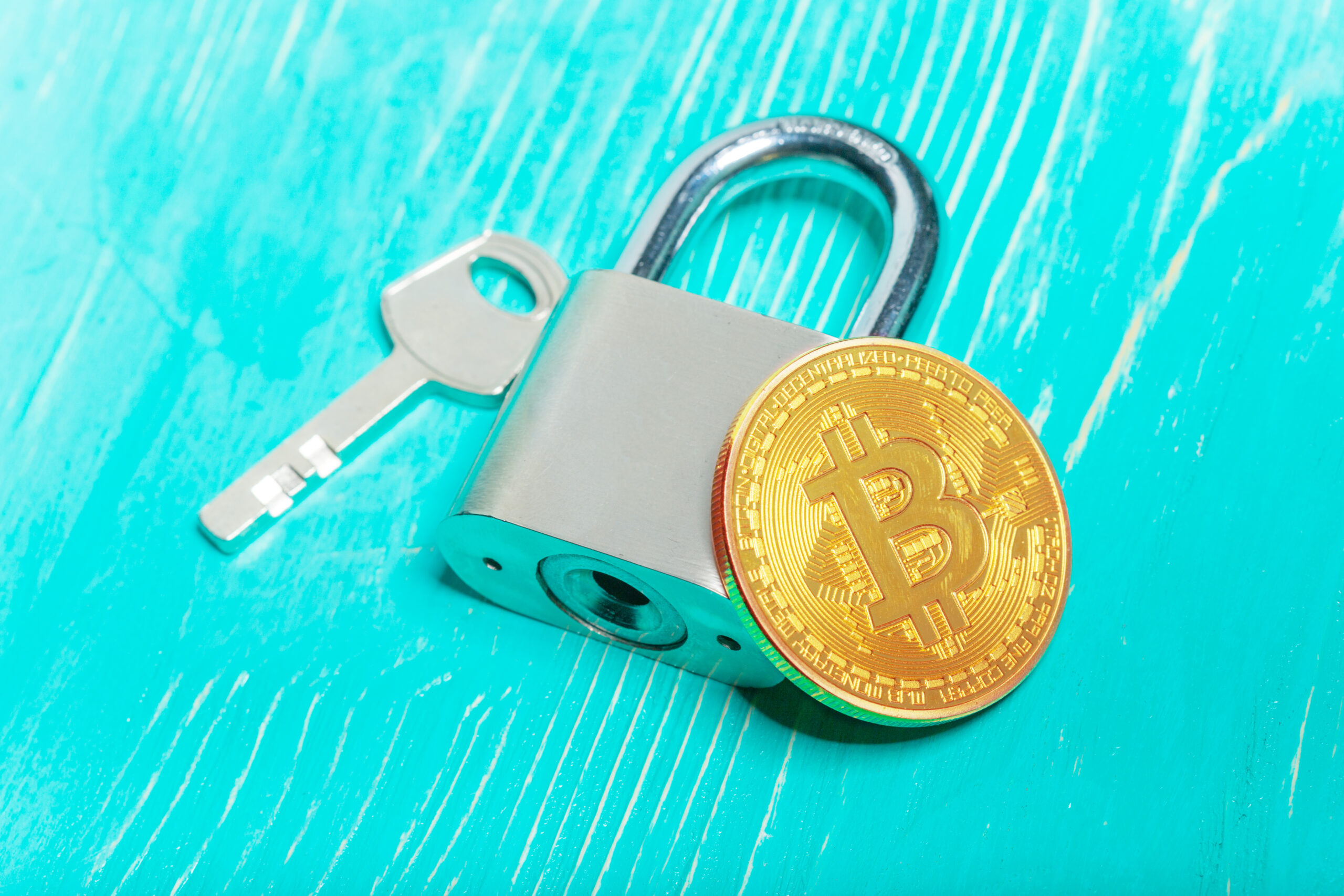The cryptocurrency world is exciting and full of opportunities—but it’s also a playground for hackers and scammers. Every year, billions of dollars are lost to security breaches, phishing scams, and poor security habits. If you’re investing in crypto, your top priority should be protecting your digital assets.
In this article, we’ll cover why crypto security is more important than ever and share the best practices to keep your funds safe in 2025 and beyond.
Why Is Crypto Security So Critical?
Unlike a traditional bank account, cryptocurrencies are decentralized—which means you are responsible for safeguarding your funds. If your wallet gets hacked, there’s no bank to refund your money. With crypto adoption growing and regulations still evolving, hackers are becoming more sophisticated.
Some common security threats include:
Phishing attacks: Fake websites or emails trick you into sharing your private keys.
Malware and keyloggers: Hidden programs that steal your login credentials.
Exchange hacks: Centralized platforms getting breached.
Social engineering: Scammers convincing you to give away sensitive information.
Top Crypto Security Best Practices
- Use a Hardware Wallet for Long-Term Storage
If you’re holding a significant amount of crypto, avoid leaving it on an exchange. Use a hardware wallet (like Ledger or Trezor) to store your coins offline. This is called cold storage and is the safest way to protect your assets from online threats.
2. Enable Two-Factor Authentication (2FA)
Activate 2FA on every exchange or wallet you use. Google Authenticator or Authy are better options than SMS-based 2FA because SIM-swapping attacks are comm
- Beware of Phishing Scams
Always double-check URLs before entering login details.
Never click on suspicious links from emails, Telegram, or Discord groups.
Bookmark official exchange websites for quick and safe access.
4. Keep Your Private Keys & Seed Phrases Offline
Your private key is the key to your crypto kingdom. Write it down on paper and store it in a safe place. Do not store it on your phone, email, or cloud storage.
5. Update Your Devices Regularly
Ensure your smartphone, PC, and browser are updated to the latest security patches. Use antivirus software and avoid downloading files from unknown sources.
6. Use Strong & Unique Passwords
Use long, complex passwords that are unique for each platform. A password manager like LastPass or Bitwarden can help you manage them securely.
7. Don’t Share Too Much Online
Avoid announcing big crypto investments or holdings on social media. It makes you an easy target for hackers and scammers.
- Consider Multi-Signature Wallets
For extra protection, use multi-sig wallets where multiple approvals are needed to make transactions. This is especially useful for businesses and high-net-worth investors.
Future-Proofing Your Crypto Security in 2025
As crypto evolves, so do hacking techniques. Here are some emerging trends to watch:
AI-driven phishing attacks – Hackers are using AI to create convincing scams.
Decentralized security solutions – Protocols like DePIN for infrastructure security.
Hardware-based biometrics – Fingerprint or facial recognition wallets.
Staying ahead of these trends will give you an extra layer of protection.
Final ThoughtsFinal Thoughts
Security is not optional in crypto—it’s survival. By following these best practices, you can drastically reduce your risk of hacks and scams. Always remember: Not your keys, not your coins.
Your crypto future depends on the security decisions you make today. Stay safe, stay smart, and keep learning!

